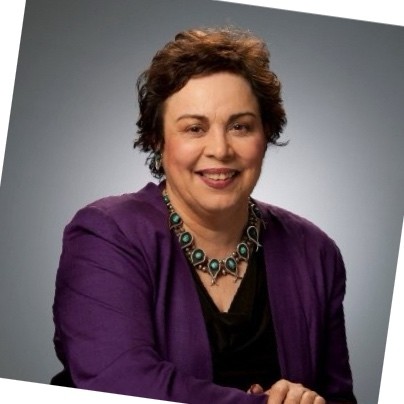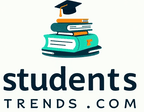Education trends Major shifts in learning methods. Education is undergoing structural modifications as schools implement more student-focused strategies. Flexible curriculums and adaptive learning models are being prioritized to ensure better engagement. The shift from rigid lesson plans to fluid, interactive formats allows students to grasp concepts at their own pace.
Integration of Artificial Intelligence in Classrooms
AI tools are becoming a standard resource for teachers, helping them personalize instruction. Automated grading systems and real-time progress tracking assist educators in understanding individual student needs. While technology is supplementing traditional teaching, the role of instructors remains critical in fostering analytical thinking.

Hybrid and Online Learning Models
Physical classrooms are no longer the sole method for delivering lessons. Many institutions are balancing in-person and digital instruction to make learning more accessible. Virtual learning environments offer flexibility, especially for students who require alternative education structures due to personal or geographical constraints.
Focus on Practical Skills Over Memorization
A greater emphasis is being placed on skills applicable to real-world scenarios. Problem-solving, communication, and digital proficiency are becoming central to modern education. Schools are reducing reliance on standardized testing and shifting toward competency-based assessments that measure students’ ability to apply knowledge effectively.

Prioritizing Mental Well-Being in Education
Schools are expanding support systems to address students’ emotional and psychological health. Counseling services and mindfulness activities are being introduced to create balanced learning environments. Recognizing the connection between well-being and academic success, institutions provide structured initiatives to help students manage stress.

I have 20 years of experience in higher education leadership. I held prominent academic positions at various institutions, concentrating on key areas such as student learning, faculty development, curriculum design, and institutional accreditation. As the Team Chair for eleven accreditation evaluations with the Middle States Commission on Higher Education, I have successfully directed thorough assessments that uphold academic standards and regulatory requirements. Furthermore, I have provided consulting services to major international institutions, offering guidance on accreditation processes, strategic planning, and governance frameworks. Her extensive knowledge in assessment, budget management, and collective bargaining and her commitment to academic excellence and institutional effectiveness make her a passionate champion for shared governance in higher education.
